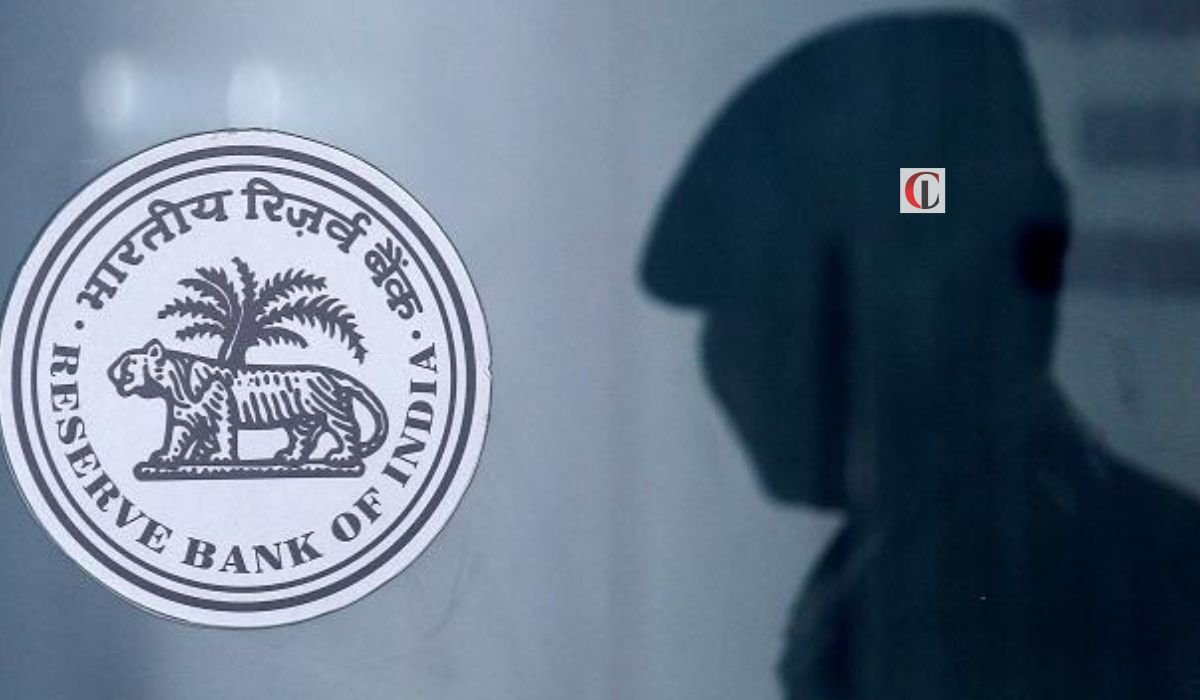The Reserve Bank of India recognises the firm and its partner, Jaspal Bindra, for agreeing to assist in the revitalization of Punjab & Maharashtra Co-operative Bank.
BharatPe, a just three-year-old payments company, will be a half-owner of an Indian bank, a prize that has evaded many of the country’s illustrious tycoons.
It’s a stroke of good fortune. Even Jaspal Bindra, who will own the other half, has had to wait six years for this opportunity, ever since his tenure as Standard Chartered Plc’s top Asia banker ended amid a string of losses in India and Indonesia.
The clearance in principle for BharatPe and Bindra is a match made in heaven, or rather the capital-starved hell that has been the country’s banking sector for much of the last decade. The pair is being rewarded by the regulator for agreeing to assist in the cleanup of a scam-tainted local lender. Punjab & Maharashtra Co-operative Bank failed after lending 70% or more of its assets to an insolvent shantytown developer. To avert a run, the Reserve Bank of India had to restrict PMC depositors’ access to their funds.
That happened in September of 2019. After two years and two epidemic waves, the stranded savers have a solution: BharatPe and a unit of Bindra’s Centrum Capital Ltd. will merge their financial operations into a newly regulated bank charged with offering small-ticket loans to unbanked sectors of the populace. For the privilege of obtaining that licence, the new lender will be required to acquire at least part of the obligations and moth-eaten assets of the ailing PMC.
For financing, tens of millions of tiny retail establishments in India rely on personal ties with wholesalers. Bringing them within the purview of official loans would also bring them into the tax net, easing the resource pressure for a government whose debt has exploded as a result of the Covid-19 disaster. Bindra believes it is time to break away from the conventional corporate banking paradigm of supporting empire-building by huge companies. Taking delinquent corporate debtors through a formal bankruptcy procedure or reaching an agreement with their politically powerful owners was always like pulling teeth in India. Extraction of cash from failing firms has recently become a cruel joke, with creditors recovery rates ranging from 4% to 6%.
BharatPe’s unexpected windfall might serve as a model for post-Covid recapitalization of Indian institutions. In response to the epidemic, the RBI slashed interest rates and made roughly 7% of GDP accessible in cheap money. When the cheap money runs out, more banks with reduced capital coffers may require new housing. If RBI Governor Shaktikanta Das is going to play the worried Mrs. Bennet from Pride and Prejudice, perhaps other fintech suitors will get to play Mr. Darcy as well.








